 March 29, 2012: Apple settles its “Antennagate” controversy by giving affected iPhone 4 owners the chance to claim a whopping $15 payout. The settlement covers customers who experienced problems with the phone dropping calls due to its cutting-edge design, but were unable to return their handsets (or didn’t want a free bumper from Apple to mitigate against the problem).
March 29, 2012: Apple settles its “Antennagate” controversy by giving affected iPhone 4 owners the chance to claim a whopping $15 payout. The settlement covers customers who experienced problems with the phone dropping calls due to its cutting-edge design, but were unable to return their handsets (or didn’t want a free bumper from Apple to mitigate against the problem).
While it’s arguable whether a $15 payout was worth filing all the paperwork necessary to claim the cash, the Antennagate story — and the resulting class-action lawsuit — generated big headlines at the time.
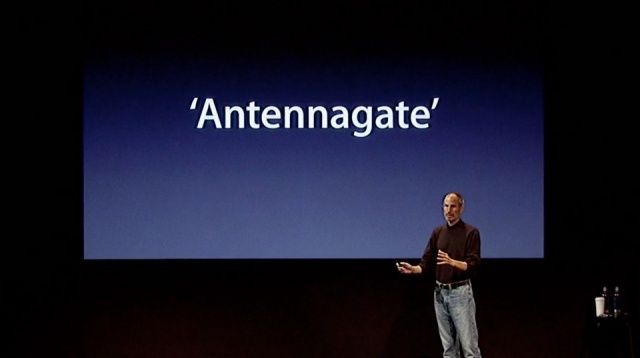
 July 12, 2010: The iPhone 4 suffers a major blow when respected trade publication Consumer Reports says it can’t, in good faith, recommend the new Apple smartphone.
July 12, 2010: The iPhone 4 suffers a major blow when respected trade publication Consumer Reports says it can’t, in good faith, recommend the new Apple smartphone. July 2, 2010: Apple opens up about “Antennagate,” addressing iPhone 4 reception problems for the first time publicly.
July 2, 2010: Apple opens up about “Antennagate,” addressing iPhone 4 reception problems for the first time publicly.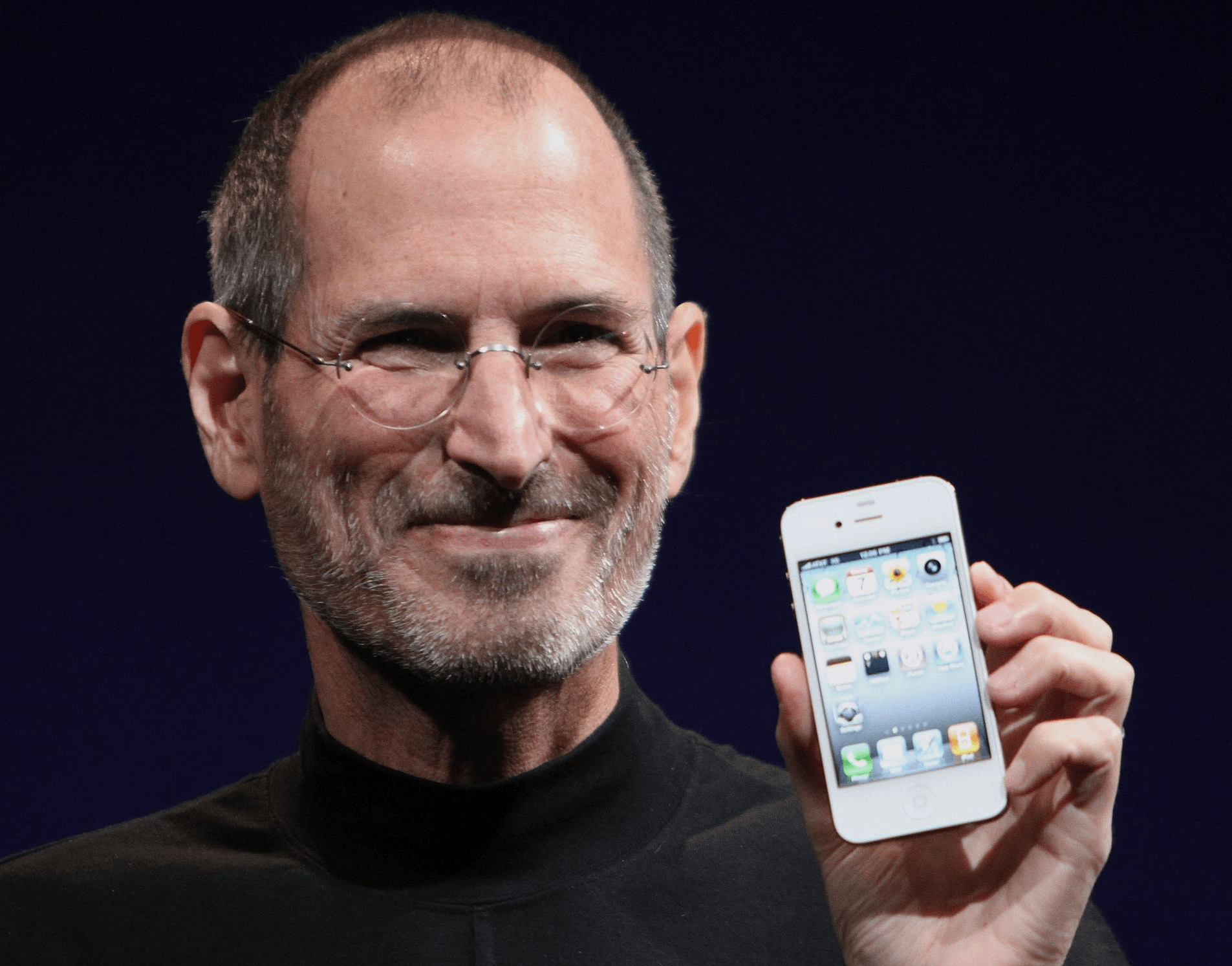
 June 16, 2010: Apple reports a massive surge of interest in iPhone 4, with 600,000 sales on the first day of preorders.
June 16, 2010: Apple reports a massive surge of interest in iPhone 4, with 600,000 sales on the first day of preorders.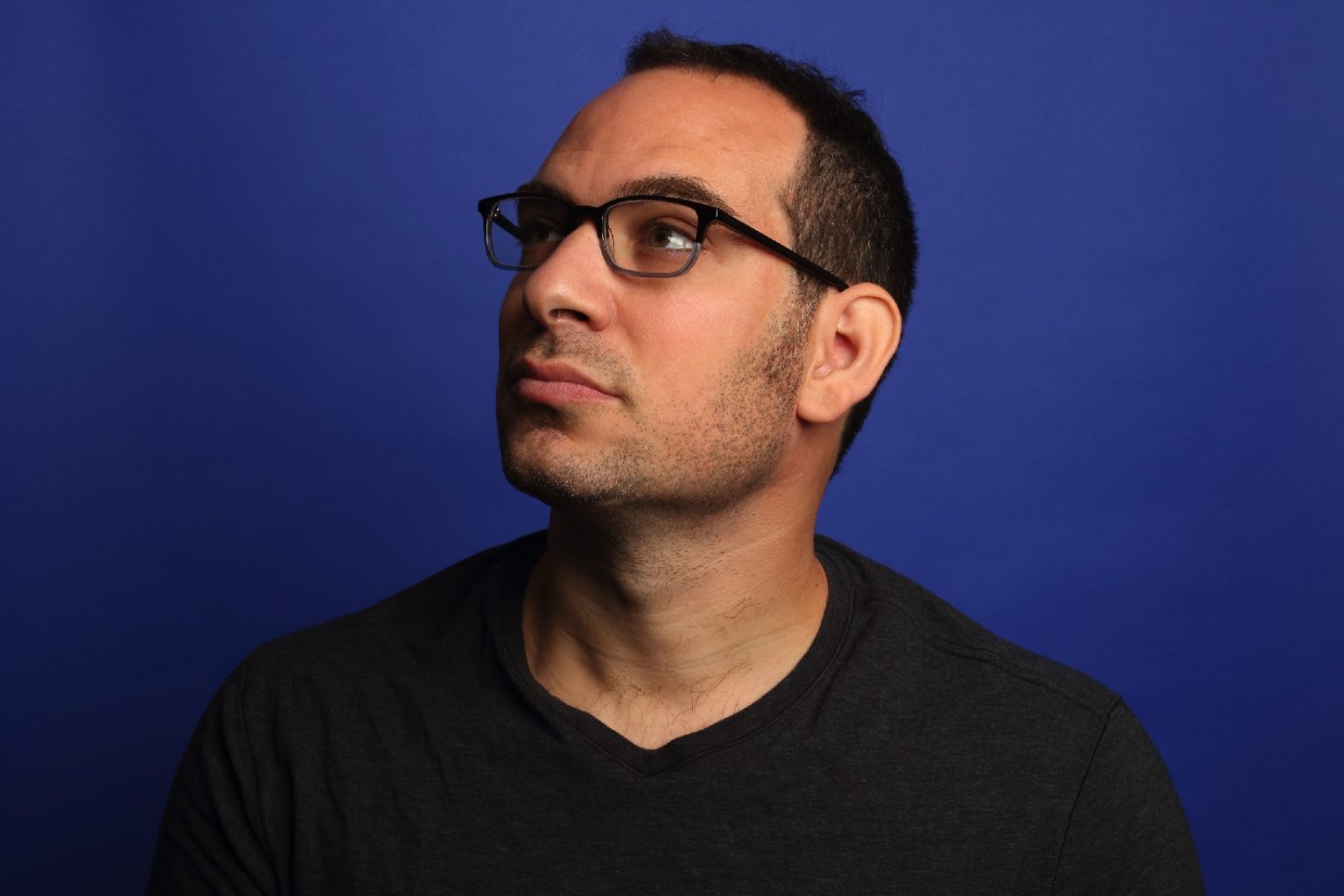
![The Patriots are the Apple of football [Opinion] The Patriots aren't doomed, and neither is Apple.](https://www.cultofmac.com/wp-content/uploads/2020/01/patriots-1536x1059.jpg)
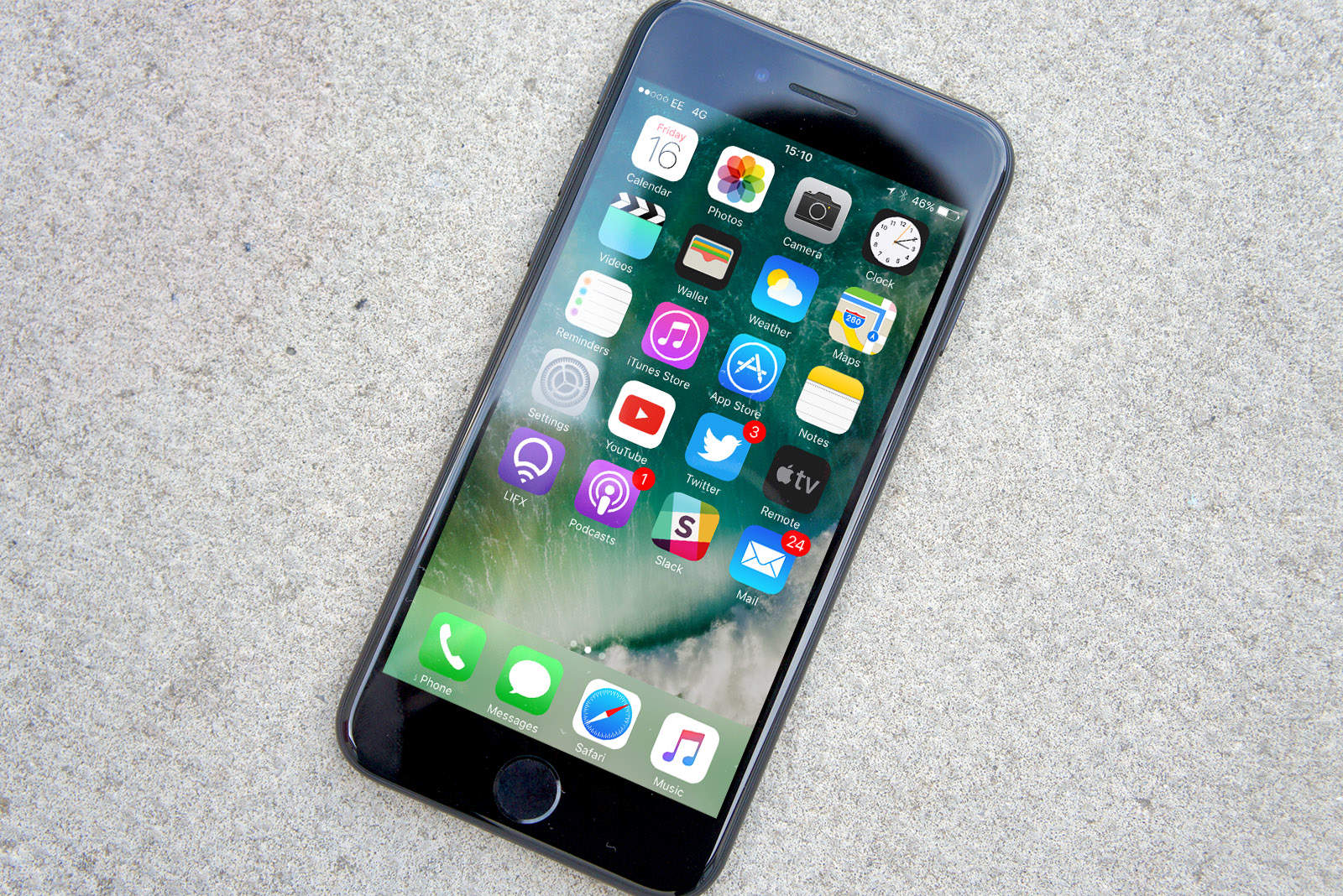
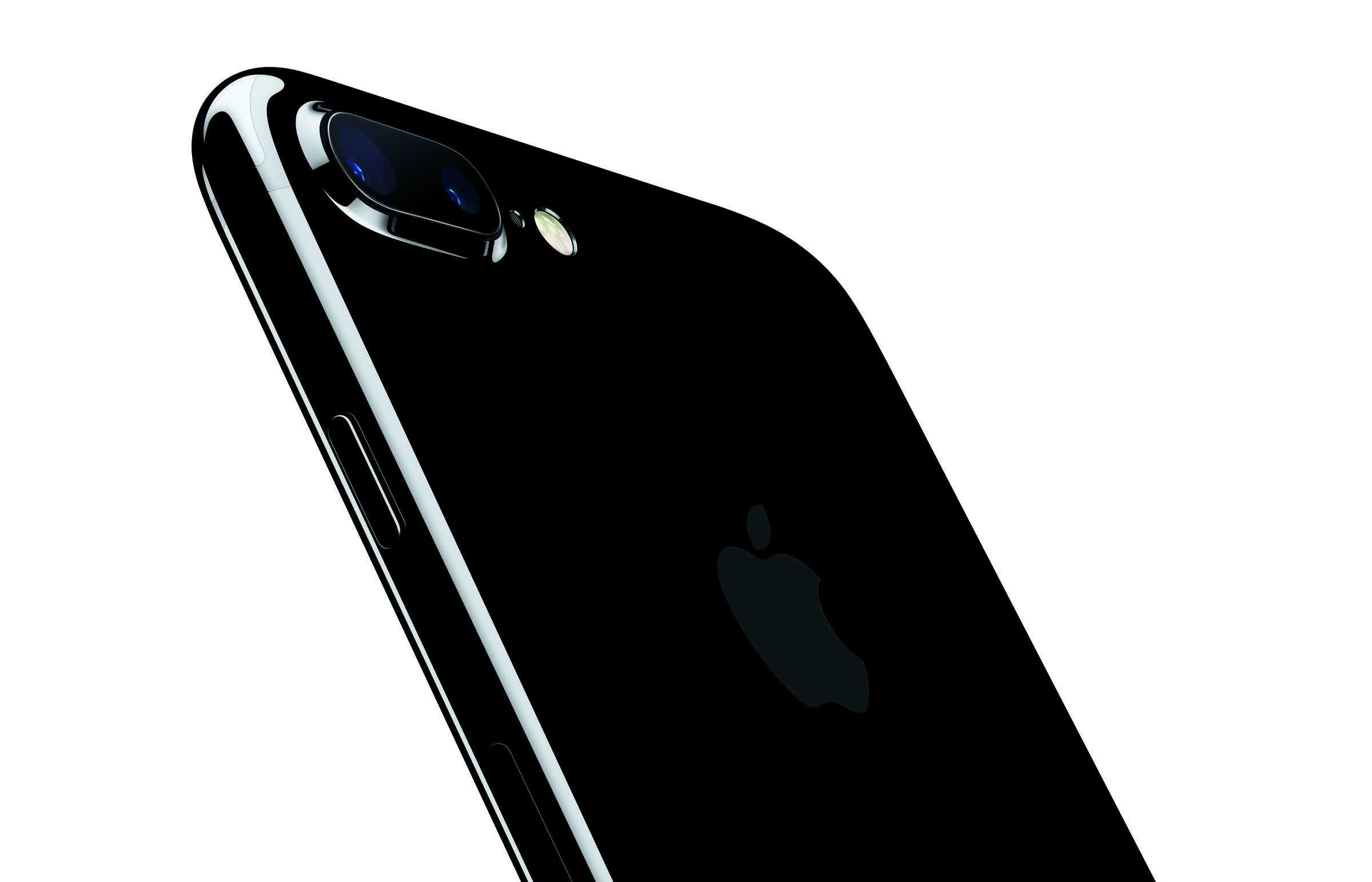
![Has Apple become boring in its middle age? [Friday Night Fights] fnf](https://www.cultofmac.com/wp-content/uploads/2016/04/fnf.jpg)

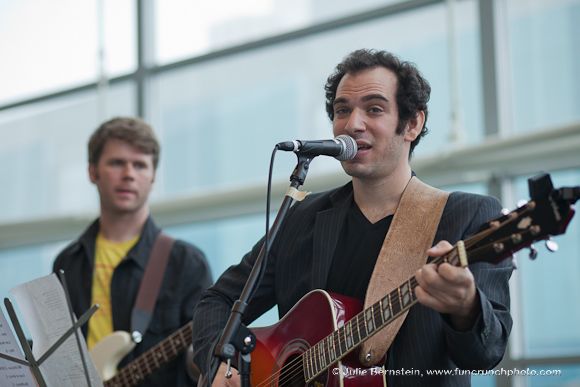
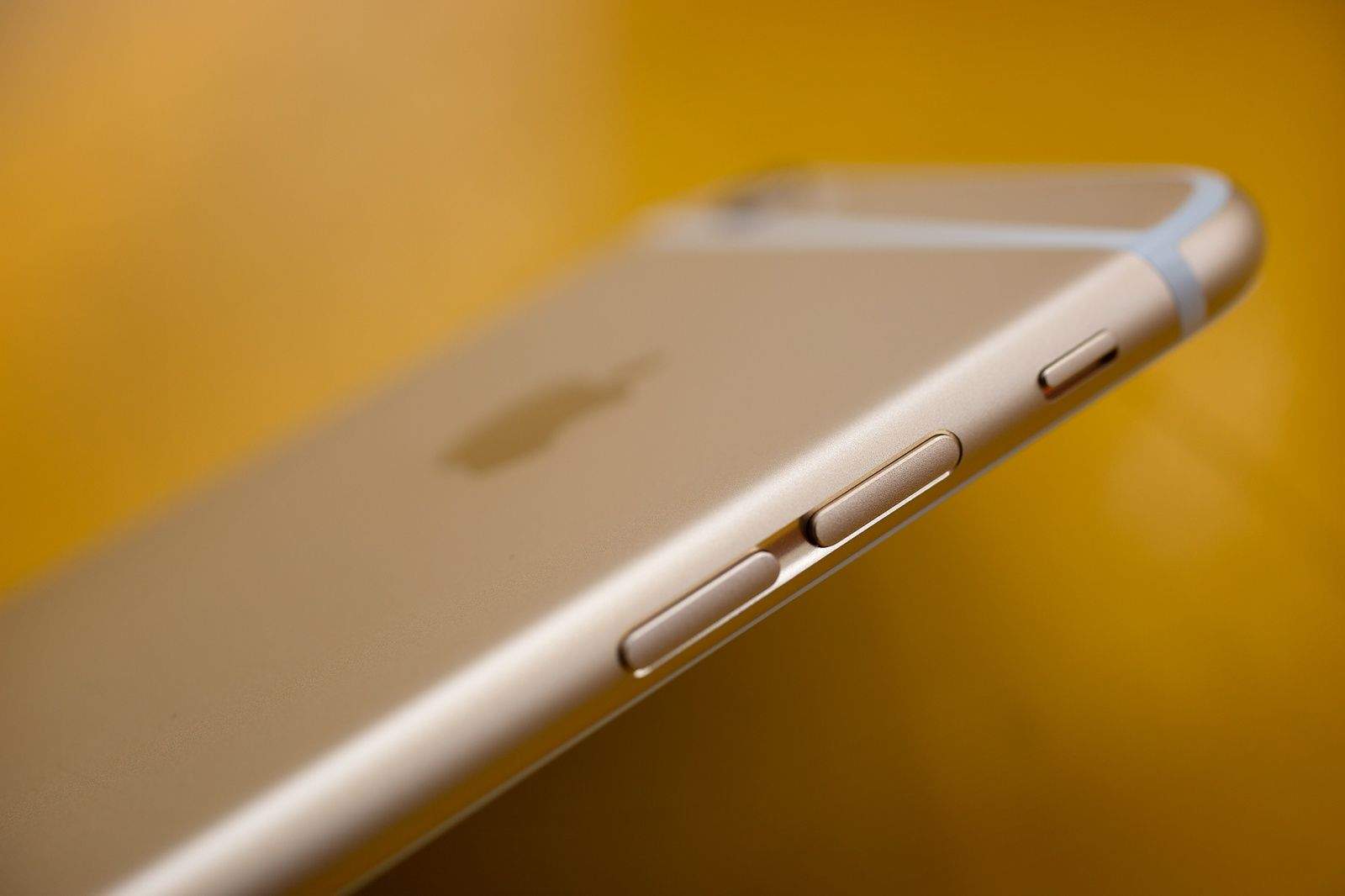
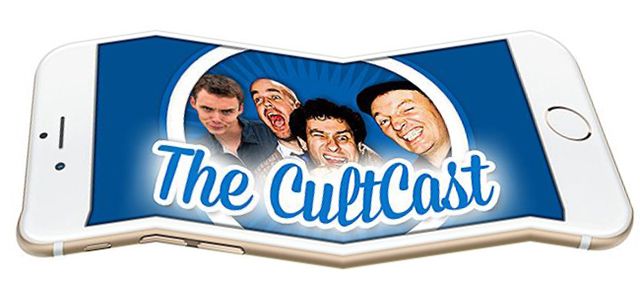

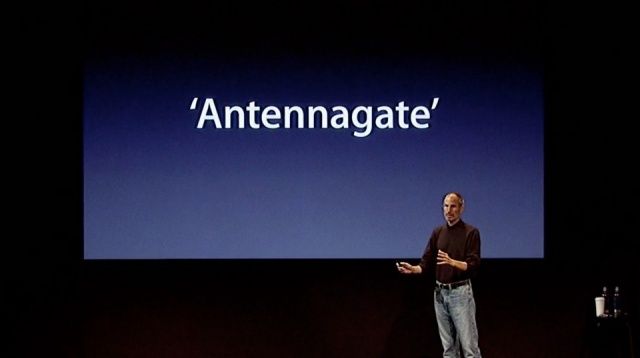
![Did Tim Cook Need To Apologize For Apple Maps? [Let’s Talk]](https://www.cultofmac.com/wp-content/uploads/2012/09/timcook1.jpg)
![Jonathan Mann Does Another Duet With Siri To Celebrate Her First Birthday [Video] post-192957-image-2ad95c8df7aca65a79389bc4be40b7a3-jpg](https://www.cultofmac.com/wp-content/uploads/2012/09/post-192957-image-2ad95c8df7aca65a79389bc4be40b7a3.jpg)
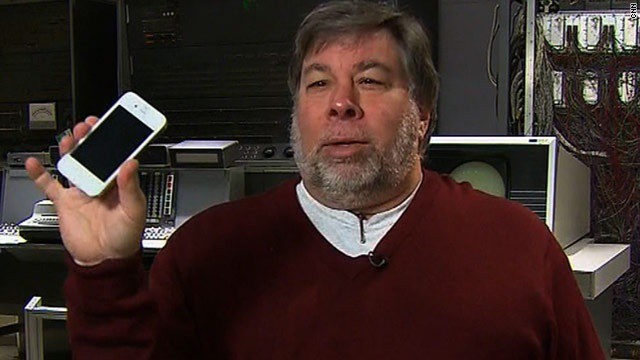
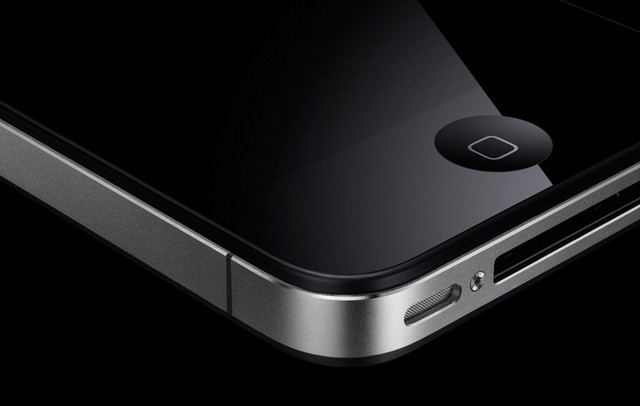
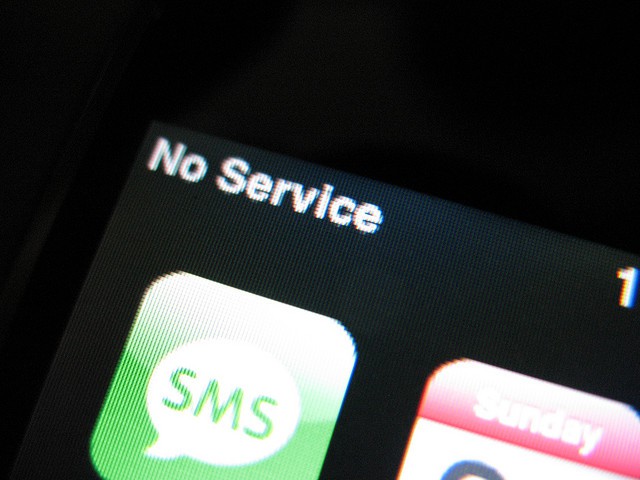
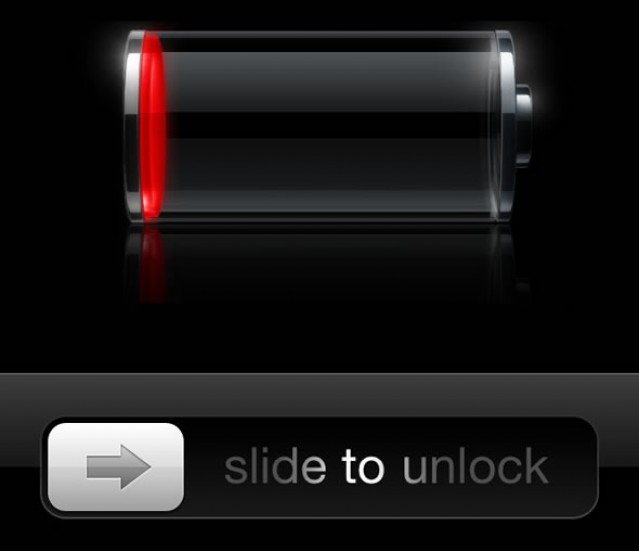
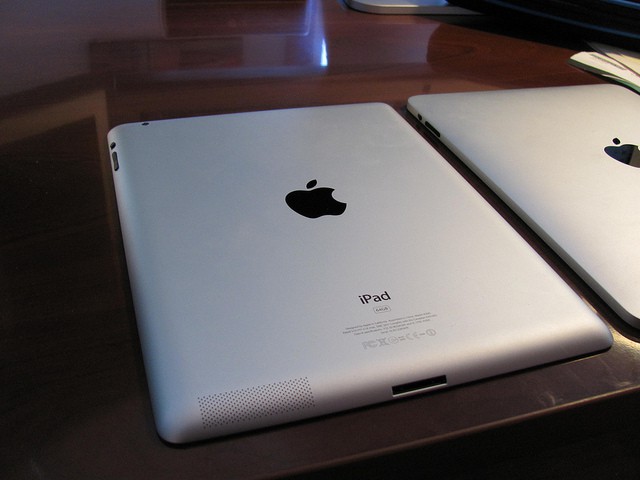
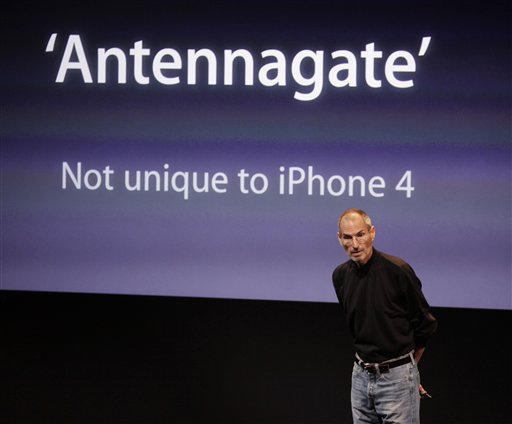

![Ten Big Apple Stories of 2010… And What They Mean For 2011 [Year in Review] Gizmodo-iPhone-Jason-Chen-e12936176299231.jpg](https://www.cultofmac.com/wp-content/uploads/2010/12/Gizmodo-iPhone-Jason-Chen-e12936176299231.jpg)

